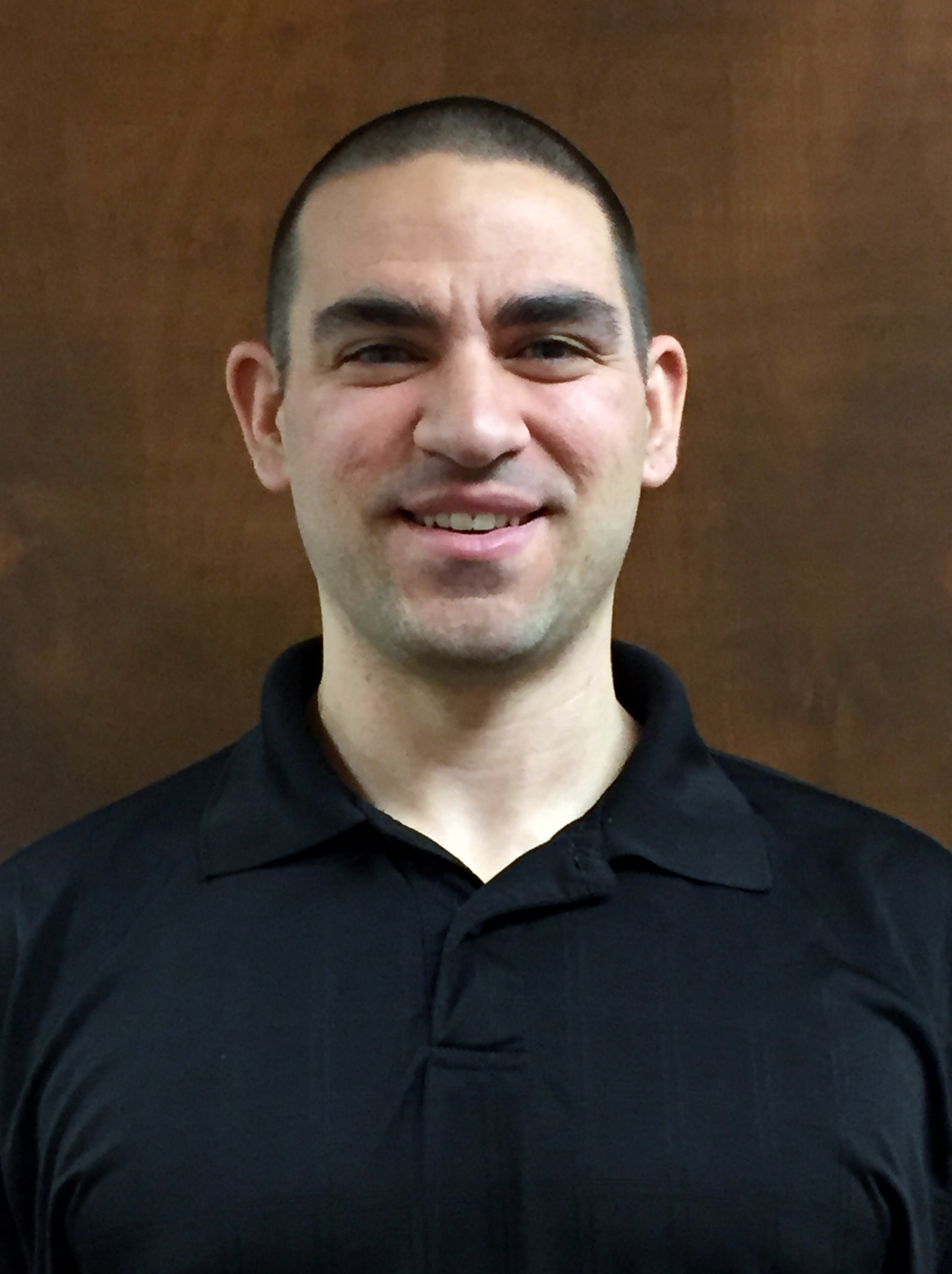Preventing Problem Gambling Posted On
Many people are getting a great deal of information about the problems caused by problem gambling. They may have learned about people’s stories on the news, they may have viewed statistics about problem gambling, but they still may not know what to do, asking themselves, “how can I help in preventing problem gambling?”
Why Prevent Problem Gambling?
Before we discuss preventing problem gambling, it’s important to know why we would want to prevent problem gambling. Problem gambling is defined as any time gambling causes problems in someone’s life. Some problems from gambling can include:
- Problems paying bills and/or feeling haunted by bill collectors;
- Self-destructive thoughts (i.e. suicide);
- Losing time from work or losing a job; or
- Problems in relationships with loved ones, such as a spouse or children.
Another reason to prevent problem gambling is because it can lead to a gambling disorder. Although a treatable brain disease, gambling disorder can be devastating to the person struggling, their loved ones, and the community around them. Below are some statistics associated with people struggling with gambling disorder.
- It is estimated that nearly 2 million U.S. adults meet the criteria for gambling disorder each year.
- A majority of those struggling with a gambling disorder have an alcohol use disorder.
- Nearly half of those struggling with a gambling disorder struggle with nicotine dependence.
- 1 in 3 of those struggling with a gambling disorder have a drug use disorder.
Preventing Problem Gambling
Preventing something simply means taking actions to reduce the chance of something happening. For instance, to prevent heart disease, some actions a person can take is reducing sodium or increasing the amount of physical activities they do. Another example is getting your vehicle’s oil changed regularly to help prevent engine problems. To prevent problem gambling in our loved ones and our community, there are a number of actions we can take.
- Raise awareness about problem gambling. Many people in our communities aren’t aware that problem gambling IS a brain disease and not a moral failing. They may not realize that problem gambling can affect anyone regardless of race, ethnicity, social standing, sexual orientation, sex, gender, etc. Raising awareness can be as simple as sharing pamphlets with loved ones, sharing or retweeting posts with facts about problem gambling, and telling community members about speakers or events that help raise awareness.
- Role model by engaging in non-gambling activities. There are nearly infinite possibilities of activities that do not include gambling. From games to outdoor activities, your participation in activities that do not include gambling can help offer opportunities for others to join in on the fun, without the risk of struggling with gambling.
- Policies can help prevent problem gambling. Some populations of people are more at-risk, like youth and senior citizens. Speaking to your local school board about including the word gambling with other prohibited activities (like the use of alcohol and other drugs) can help prevent youth from engaging in underage gambling. Asking local senior centers to offer handouts about problem gambling, and explain how to keep themselves safe on gambling excursions like bingo, can help prevent seniors from struggling with problem gambling. Additionally, any community health event you may be participating in can be offered as gambling-free (i.e. no door raffles), offering an opportunity to keep the community safe and an opportunity for those in recovery from gambling disorder to stay and enjoy the event.
- Offer help to those who ask. There is always help available. If anyone mentions they are having problems due to gambling, or need help to stop gambling, you can always refer them to the NYS HOPEline at 1-877-8-HOPENY (or 1-877-846-7369). You can tell them that they’ll speak to a trained clinician who can identify the local options for help and start the path to recovery with no pressure.
We hope you have a very exciting and safe July as we continue to enjoy a beautiful summer!

